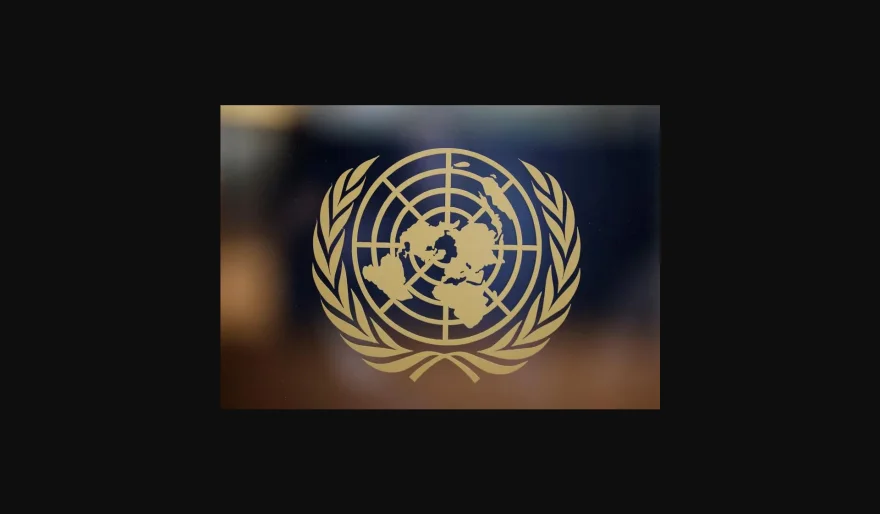Stay Ahead of the Curve
Latest AI news, expert analysis, bold opinions, and key trends — delivered to your inbox.
UN’s Take on AI: A Call for Inclusive Progress and Global Collaboration
5 min read The UN warns that AI could deepen global inequality if left unchecked. Its 2025 report highlights massive investment gaps, job risks, and the need for global cooperation to ensure AI benefits are shared — not hoarded. April 14, 2025 09:59
The United Nations Conference on Trade and Development (UNCTAD) recently released its 2025 Technology and Innovation Report, offering a sweeping look at how artificial intelligence is reshaping economies, labor markets, and global dynamics. The message? AI has massive potential — but if left unchecked, it could widen inequalities and leave developing nations behind.
Winners and Losers: The Global AI Divide
The report breaks down private AI investment in 2023:
-
🇺🇸 United States: $67 billion
-
🇨🇳 China: $7.8 billion
-
🇮🇳 India: $1.4 billion
But perhaps more telling: 118 countries have little to no involvement in shaping AI’s future. The bulk of innovation and investment is concentrated in about 100 companies, which drive 40% of global R&D.
UNCTAD’s analysis shows that while AI spending made up 7% of global tech investment in 2023, that figure is expected to skyrocket to 29% by 2033.
Jobs and Automation: Who’s at Risk?
The report estimates that up to 40% of jobs worldwide will be impacted by AI, particularly in developed economies, where automation could threaten 1 in 3 jobs — especially in fields like coding and data science. However, it also opens doors to new types of employment — if nations are prepared.
Using its Frontier Technologies Readiness Index, the report shows most advanced economies are better equipped, but countries like Brazil, India, China, and the Philippines are notable outliers with strong growth in AI readiness and development.
Recommendations: Sharing the AI Pie
To avoid deepening global inequity, UNCTAD recommends:
-
Investing in infrastructure, skills development, and data access
-
Creating a “shared AI resource facility” to democratize tools and training
-
Establishing a “public disclosure framework” to encourage responsible AI use
-
Boosting global collaboration, especially among G7 countries and emerging economies
Surprisingly Digestible – and Visual
Unlike many bureaucratic documents, the UN’s report is interactive and data-rich, using charts, infographics, and visualizations to make its message clearer — including scatter plots mapping AI readiness and dots representing billions in funding.
The Bottom Line
AI is rapidly changing the world, but its benefits are still unevenly distributed. The UN’s report serves as both a warning and a blueprint — highlighting the importance of global cooperation, inclusive policy-making, and strategic investment to ensure that the AI revolution doesn’t just benefit the usual suspects.
Or as ChatGPT succinctly put it:
“AI’s transformative potential must be met with equitable policies and international cooperation.”
Whether read by a human or parsed by an AI, the message is clear: The future of AI should be shared — not siloed.



















 AI Agents
AI Agents